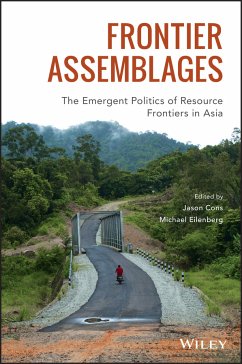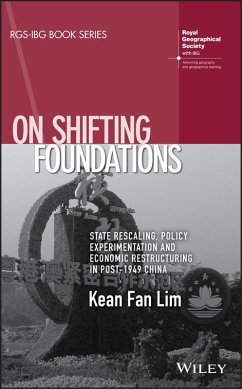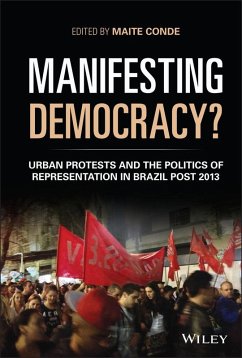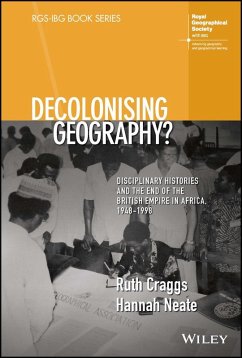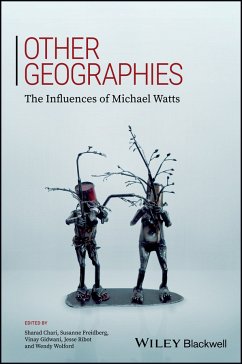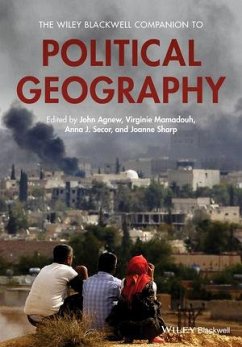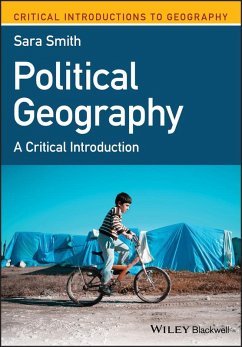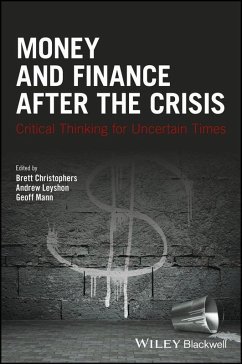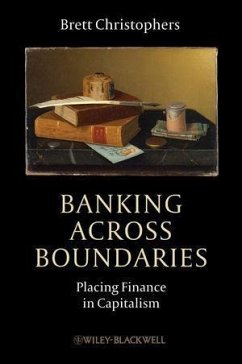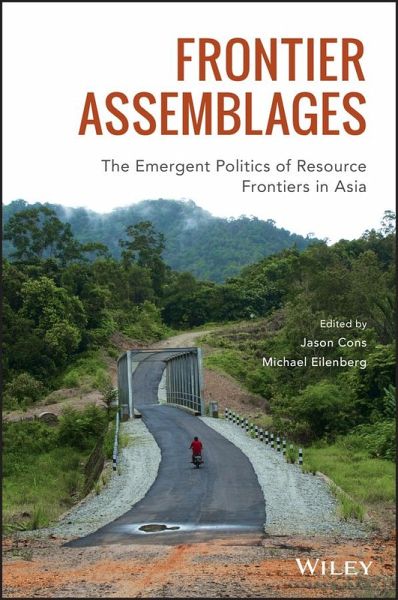
Frontier Assemblages (eBook, ePUB)
The Emergent Politics of Resource Frontiers in Asia
Redaktion: Cons, Jason; Eilenberg, Michael
Versandkostenfrei!
Sofort per Download lieferbar
20,99 €
inkl. MwSt.
Weitere Ausgaben:

PAYBACK Punkte
0 °P sammeln!
Frontier Assemblages offers a new framework for thinking about resource frontiers in Asia * Presents an empirical understanding of resource frontiers and provides tools for broader engagements and linkages * Filled with rich ethnographic and historical case studies and contains contributions from noted scholars in the field * Explores the political ecology of extraction, expansion and production in marginal spaces in Asia * Maps the flows, frictions, interests and imaginations that accumulate in Asia to transformative effect * Brings together noted anthropologists, geographers and sociologists
Dieser Download kann aus rechtlichen Gründen nur mit Rechnungsadresse in A, B, BG, CY, CZ, D, DK, EW, E, FIN, F, GR, HR, H, IRL, I, LT, L, LR, M, NL, PL, P, R, S, SLO, SK ausgeliefert werden.




